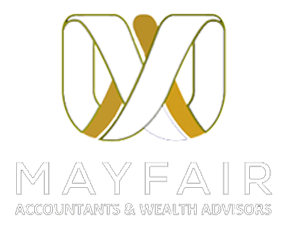Getting old is inevitable. And, in order to lead a secure life in your old age, choosing a right plan is very essential. One of the best options to stay secure in your old age is through a pension plan.
In a pension plan, you are required to pay a certain amount of tax. Generally, when you take money out from your pension pot, 25% is tax-free and tax is incurred on the remaining 75%.
Tax on pension lump sum
Since April 2015, flexible pensions were introduced. Under this, pension savers have been able to take out entire pot or some withdrawals from their pensions when they turn 55 where 25% of the withdrawal is tax free and rest is taxed as extra income.
So, if you are 55 years of age or older and have a defined contribution (DC) pension, you can take a 25% lump sum without any tax. If you take out any more above 25%, you are required to pay income tax on that figure.
Tax on state pensions
Even though the state pension isnt actually tax-free and liable to income tax, the money you receive is paid ‘gross’ (before any tax).
If your gross income (total income from all the sources, including state pension) is greater than your tax-free allowance and reliefs, you should pay tax due on your state pension. HMRC usually collects the due tax through the Pay As You Earn (PAYE) system if you have private pensions or employment earnings. In case if you do not have PAYE income, you have to complete a self-assessment tax return and pay the due tax to the HMRC.
Tax on private pensions
When you receive income from private pensions (either directly from an employer’s pension scheme or from annuities bought with your pension money), tax is already deducted via PAYE. Your pension providers receive your tax codes from the tax office and deduct the right amount of tax according to it.
Property Developer


